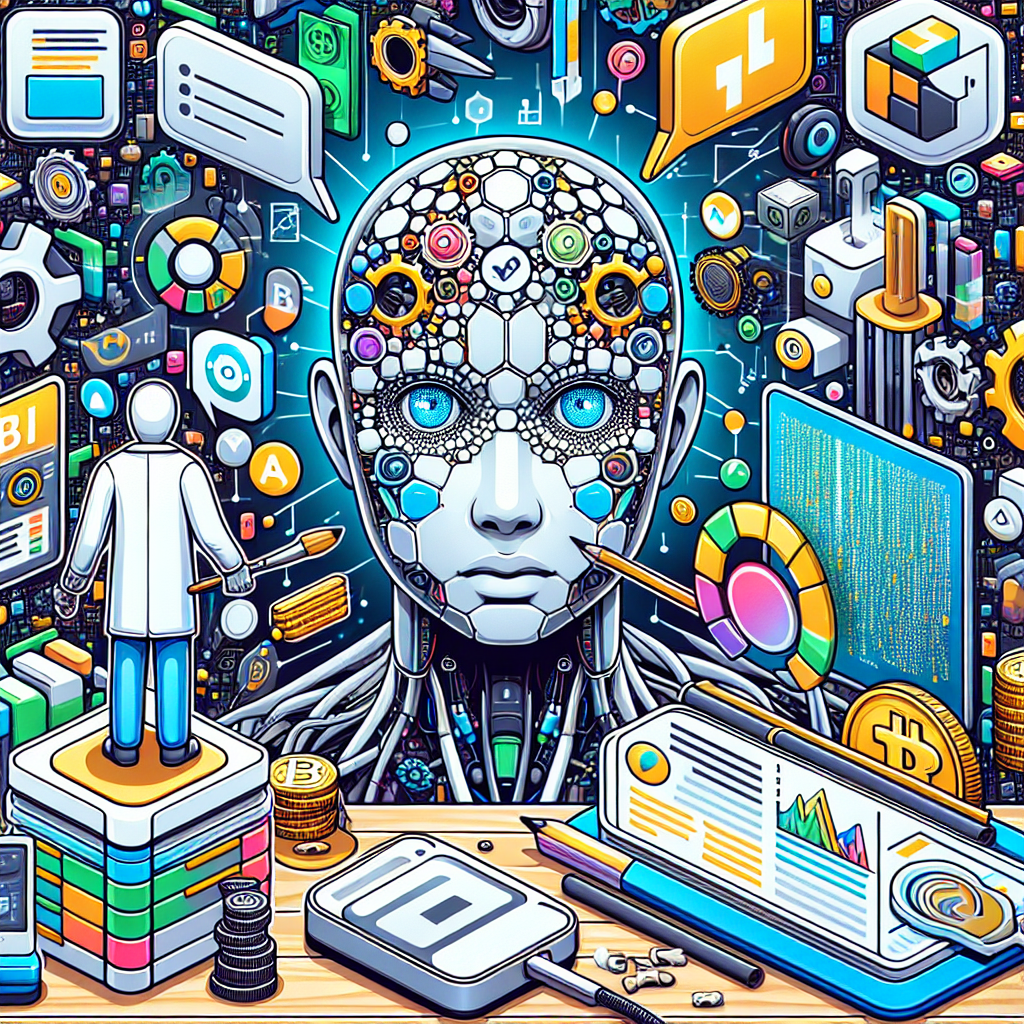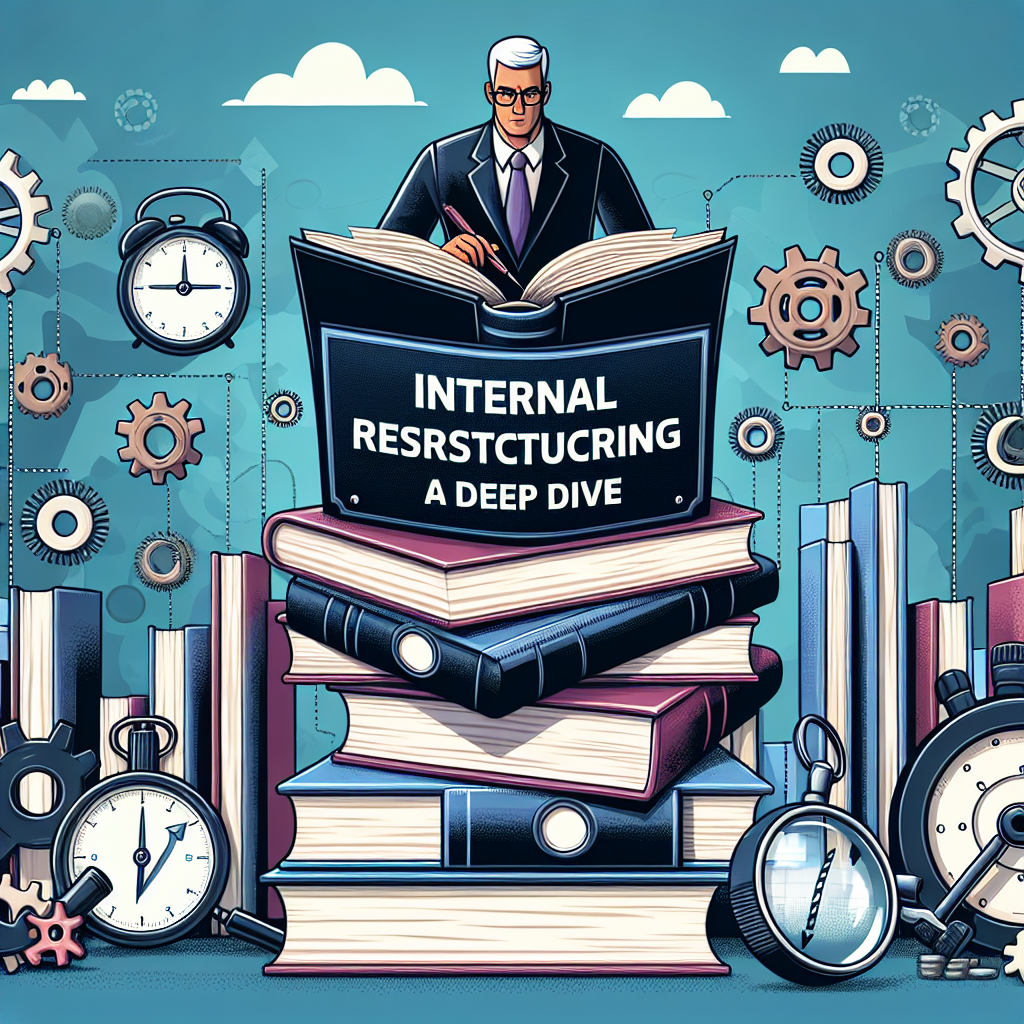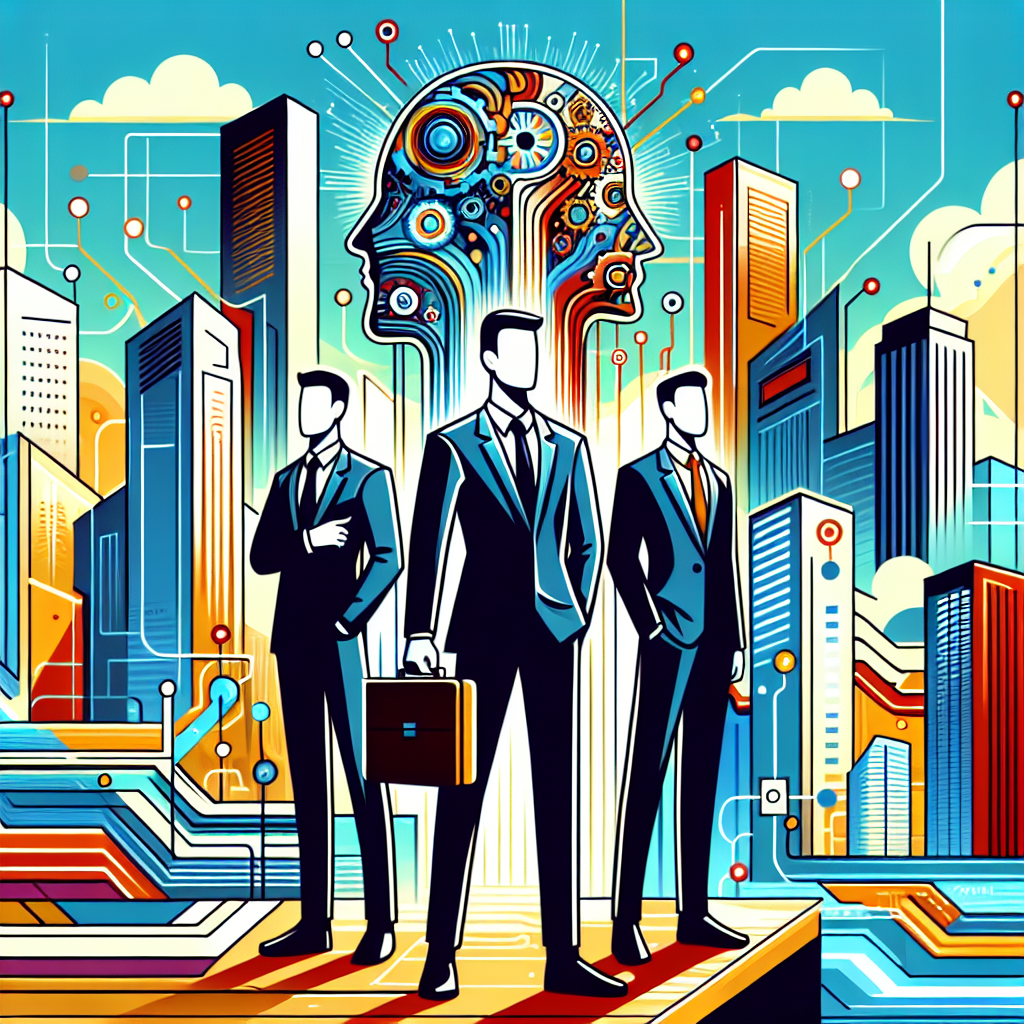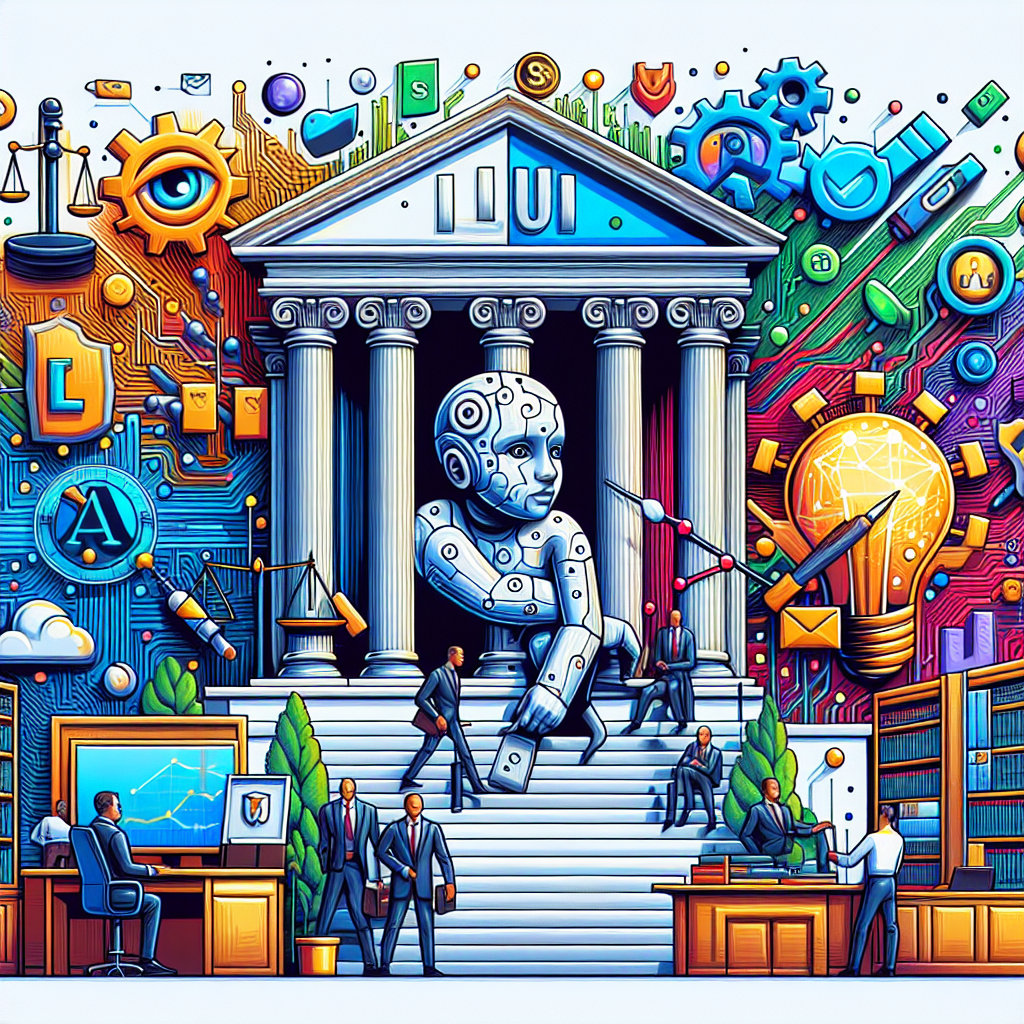Tag: OpenAI
Introduction to Joey Bertschler’s New Venture Joey Bertschler, once part of OpenAI, is now developing a blockchain-centric wage ...
OpenAI, a leading artificial intelligence research organization, is considering a substantial internal reorganization. The potential restructure could impact ...
An exclusive report has indicated that OpenAI, an eminent artificial intelligence research institution, is seriously pondering a considerable ...
OpenAI’s co-founder, Gregory Brockman, recently proposed that the pre-training era in the field of Artificial Intelligence (AI) might ...
OpenAI and GPT-3 OpenAI, the prominent artificial intelligence research lab, issued an apology to users following an unexpected ...
Michael Kratsios Redirects OpenAI’s Focus towards Profit Michael Kratsios, the former technological advisor to President Donald Trump and ...
Elon Musk Criticizes OpenAI’s Profit Model Change Elon Musk, the billionaire entrepreneur behind Tesla and SpaceX, is challenging ...
A groundbreaking collaboration has been launched by Orange, a leading telecommunications company, OpenAI, an artificial intelligence research lab, ...
The Unintended Release of Sora: OpenAI’s Game-Changing Text-To-Video Tool A recent unintended exposure revealed that OpenAI, the high-profile ...
Elon Musk and Sam Altman’s non-profit AI research lab, OpenAI, may be considering hosting a cryptocurrency Initial Coin ...













